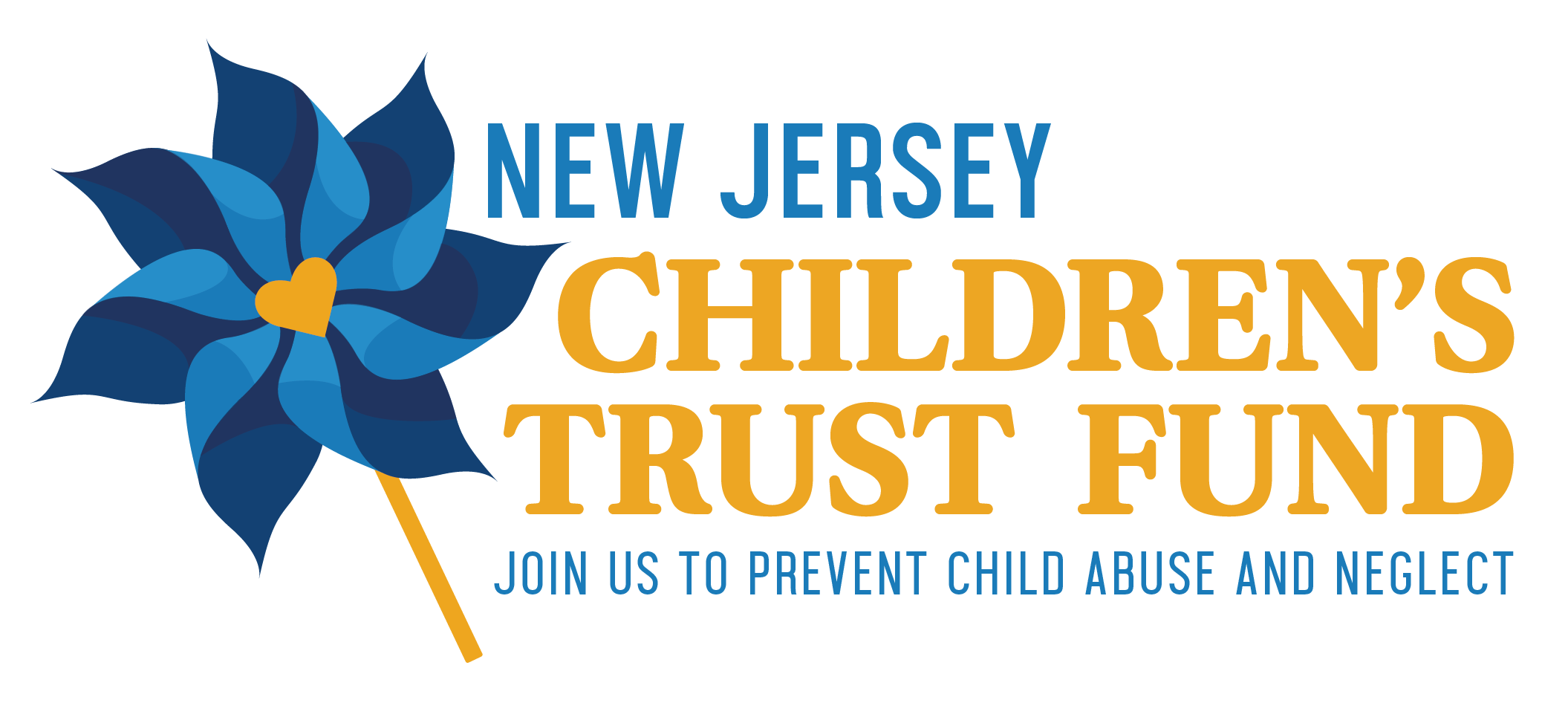DCF Commissioner Blake Encourages Parents and Guardians to Follow Healthy Infant Sleep Practices During Visit to Bayshore Family Success Center
For Immediate Release Contact: Ernest Landante, Jr. Friday, December 20, 2013 609-292-0422
Trenton, NJ - Seeking to prevent sudden infant deaths, the Christie Administration announced the distribution of 4,500 infant sleeping garments to pregnant women and families with newborns during Children and Families Commissioner Allison Blake's "Season of Service" stop at Bayshore Family Success Center in Union Beach.
The garments, tote bags and educational material encouraging healthy sleep practices for infants will be distributed through the state's Federally Qualified Health Centers and Family Success Centers. While the garments and tote bags will be available throughout the state, attention is focused on centers serving pregnant women and infants and in regions with higher rates of sleep-related infant deaths.
"Nothing is more precious than a newborn baby. As parents, our natural instincts are to protect our children from harm," said DCF Commissioner Blake. "That's why it's important to follow some simple steps to keep infants safe at sleeptime, including placing them on their back and making sure there's never anything in the crib other than baby."
The special garments, which are infant sleeper-pajamas with a built-in blanket and swaddling cloth, are used in more than 1,000 hospitals in North America to promote safe sleep.
"Although the causes of SIDS are not fully understood, we know that when babies sleep on their backs, the rate of SIDS declines dramatically," said Health Commissioner Mary E. O'Dowd. "The SIDS Center of New Jersey at Rutgers Robert Wood Johnson Medical School, which receives funding from the Department, has additional information and resources."
Each tote bag features one of the winning designs from a poster contest to promote healthy infant sleep practices. The selected poster was designed by an 8th grade student at Elsinboro Township School in Salem.
Research shows sudden infant death and other sleep-related infant deaths disproportionately affect impoverished families.
According to the Child Fatality and Near Fatality Review Board, New Jersey averages 47 sleep-related infant deaths each year, of which 64 percent are thought to be preventable.
"The New Jersey Chapter, American Academy of Pediatrics warmly supports this state effort to provide safety kits and to educate about the importance of safe sleep practices to mothers of newborns," said Steven Kairys, MD, FAAP, medical director for the New Jersey Chapter of the American Academy of Pediatrics. "Most families understand the back to sleep approach but there are many more components of safe sleep practice."
The American Academy of Pediatricians recommends that parents and guardians adhere to the following healthy infant sleep practices:
- Always place your baby on his or her back for every sleep time.
- Always use a firm sleep surface. Car seats and other sitting devices are not recommended for routine sleep.
- The baby should sleep in the same room as the parents, but not in the same bed (room-sharing without bed-sharing).
- Talk to others who care for your baby, including child care providers, babysitters, family, and friends, about placing your baby to sleep on his back during naps and at night.
- Keep soft objects or loose bedding out of the crib. This includes pillows, blankets, and bumper pads.
- Wedges and positioners should not be used.
- Pregnant woman should receive regular prenatal care to reduce the risk of having a low birth weight or premature baby.
- Don't smoke or expose yourself to others' smoke during pregnancy or after birth.
- Breastfeeding is recommended.
- Offer a pacifier at nap time and bedtime. The pacifier should not have cords or clips that could pose a strangulation risk.
- Avoid covering the infant's head or overheating.
- Do not use home monitors or commercial devices marketed to reduce the risk of SIDS.
- Infants should receive all recommended vaccinations.
- Supervised, awake tummy time is recommended daily to facilitate development of neck and shoulder muscles and minimize the occurrence of positional plagiocephaly (flat heads).
New Jersey is one of only nine states to receive a grant from the Centers for Disease Control and Prevention for this infant death prevention program, which is being conducted by the New Jersey Department of Families on behalf of the Child Fatality and Near Fatality Review Board and in partnership with the New Jersey Department of Health and the New Jersey Department of Education. Additional funding was provided through a Community Based Child Abuse Prevention grant from the Administration of Children and Families, Office on Child Abuse and Neglect, and administered by the FRIENDS National Resource Center.






